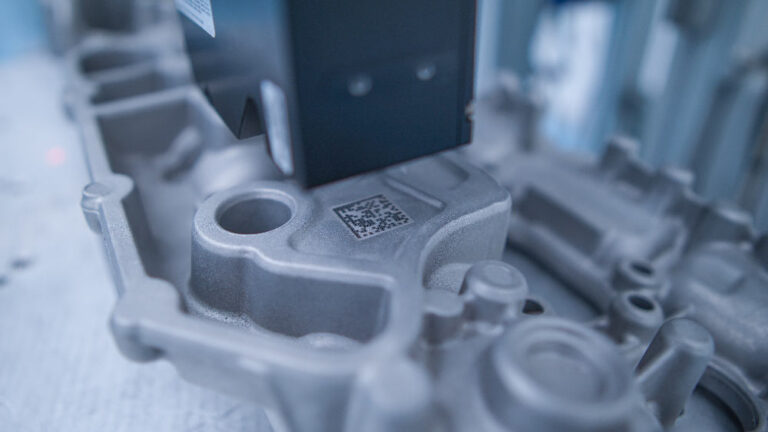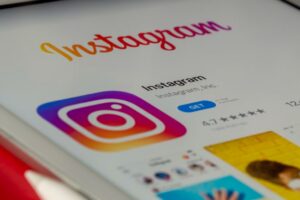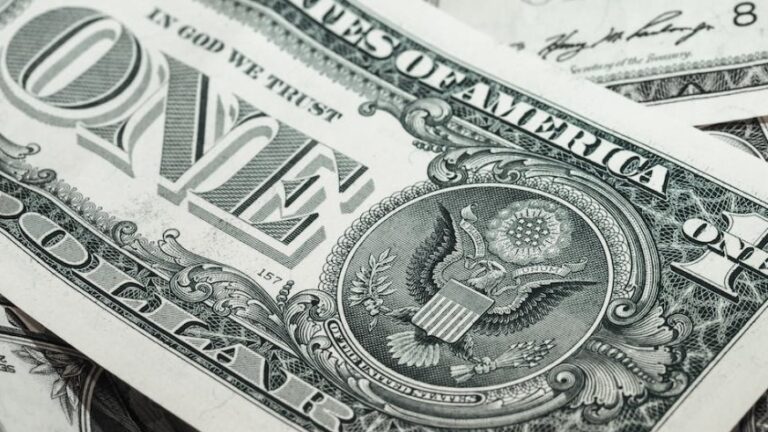Discover how laser marking (click here to find out more) is revolutionizing various industrial sectors and some interesting facts related to this technology that is constantly growing.
Laser marking is a cutting-edge technology that is experiencing dizzying growth in many industrial sectors. Thanks to its precision, speed, and efficiency, it offers innovative solutions for product engraving and traceability. Let’s see where this technology is used and some of the curiosities related to its use.
Table of Contents
Sectors where laser marking is used
Automotive and aerospace: laser marking is used in the production of mechanical components, such as engines and chassis parts, guaranteeing the absolute precision and traceability necessary to meet the safety and quality standards of the sector.
Electronics and semiconductors: electronic boards, microprocessors, and other electronic components require laser marking for identification, traceability, and quality control. This technology allows information to be engraved on extremely small and delicate surfaces without damaging them.
Medical devices: laser marking is used to engrave unique codes and information on medical devices, such as prostheses, implants, and surgical instruments, ensuring their traceability and compliance with international health regulations.
Food industry: laser technology allows labeling of food and beverages with information such as expiration dates, production batches, and barcodes, without compromising the quality of the product or the integrity of the packaging.
Jewelry and watchmaking: laser marking is ideal for engraving extremely precise details on precious metals and other materials used in these sectors, such as logos, serial numbers, and authenticity certifications.
Data and curiosities and revenues
According to a report by MarketsandMarkets, the global laser marking market is expected to reach $4.4 billion by 2026, with a compound annual growth rate (CAGR) of 6.6% between 2021 and 2026.
Fiber laser marking is the most used technology for its versatility and durability. It can be used on a wide range of materials, including metals, plastic, ceramics, and glass.
The green laser, which emits at a wavelength of 532 nm, is particularly suitable for marking heat-sensitive materials such as semiconductors and electronic devices.
Laser technologies have enabled the creation of unique and innovative works of art and design. For example, some artists use laser engraving to create sculptures and installations with great visual impact, while fashion designers experiment with the use of lasers to cut and decorate high-end fabrics and materials.
It is also a sustainable and ecological solution compared to other engraving and printing techniques. It reduces the use of harmful chemicals and minimizes material waste thanks to its precision and ability to engrave with variable depth.
In recent years, laser marking has been used to prevent counterfeiting and protect products from imitations and fraud. For example, banknotes from some countries include security elements made with laser technology, such as micro-engravings and holographic images.
This technology is also used in the field of cybersecurity for the creation of anti-tampering devices and data protection systems. An example of this is the laser marking of seals and components used in data centers and network infrastructures to prevent unauthorized access and illicit manipulation.
In conclusion, laser marking is a constantly evolving technology that is revolutionizing numerous industrial and creative sectors. Thanks to its characteristics of precision, efficiency, and sustainability, it represents an ideal solution to meet the growing needs of product traceability, safety, and quality in an increasingly interconnected and digitized world.
For more information, visit: https://www.lasitlaser.com/












